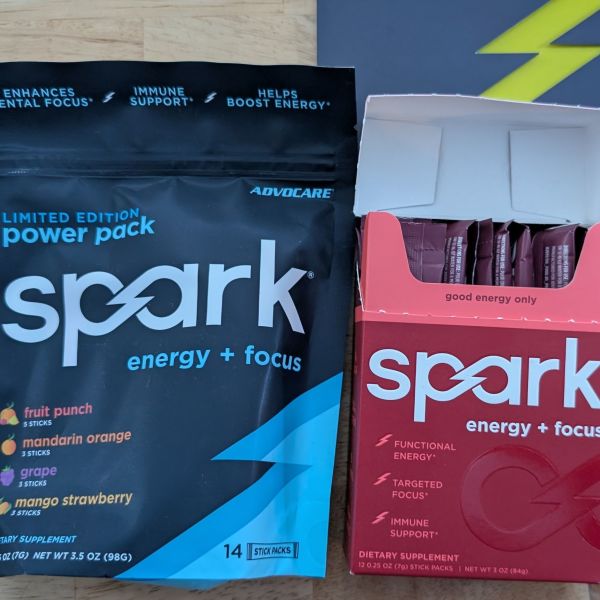Have you ever created a running schedule?
Maybe it was when you first started running and did that couch to 5k. Maybe it was to tackle that next distance, the half marathon, marathon or even an ultra-race.
Maybe it was something less formal, “I’m going to run 5 days a week”, or “100 miles a month”. Ever said something like that?
Goals become manageable by breaking down large accomplishments into smaller more manageable milestones.
A running schedule isn’t difficult to create, you can…
Unfortunately running can’t always be the top priority. Things higher up the list of importance can throw a wrench in our normal routines. You know, things like…
How can we make time for running when higher priorities disrupt our running schedule?
A fraction of the typical yearly mileage for some, yet still an unfathomable number for others. For me, it’s very reachable if I stay healthy, but nearly double what I did last year.
The math is easy. I need to average 100 miles a month or 25 miles per week across the year.
I don’t have any specific workouts yet. No events or races planned.
These will all likely have their purpose later in the year, but at least for now, the plan is to just get out and run miles.
In the words of a great U.S. General:
A good plan today is better than a perfect plan tomorrow
—George S. Patton
So, to help keep things on track and after reflection on my own running experience, personal habits, and a bit of research…
We’ve all been there.
You made those morning running plans with intentions of getting to bed early. Next thing you know, it’s 1 am and you are setting the alarm clock for 6.
As the alarm rings out it’s easy to hit the snooze a few too many times or simply push it back that hour of would-be running time.
We all hate to let our friends down.
If you know there is someone who will be waiting to meet you and run… chances are you will suck it up, roll out of bed, and get on your way.
Don’t have any running friends? Make some. There are running groups in virtually every town that are eager to welcome new members.
The race. The ultimate goal of running goals.
Nothing gets us out to run quite like hitting that 'submit payment' button for the next big race.
Whether it is your first 5k or a 100-mile ultra-race, there is a psychological effect of knowing that at some point you will have to step up to the starting line.
Sure, there are those first-timers who will sign up and do little or no training. They might even complete a race or two. But they probably won’t make running a regular part of their lives.
This past year, I completed my first 50k ultra marathon. If I wanted to finish, there was no avoiding the need to get out and log miles.
Signing up for a 5k fun run probably wouldn’t have the same effect for me. However, a 5k with a goal to break a 20-minute finish time? That could work.
It is all relative.
Just be sure that the event you sign up for is truly a challenge. One that will motivate you to get out and put in the work.
Many people in corporate work environments have seen drastic changes to their schedules in the past couple of years. As the Covid-19 pandemic took hold, office environments transitioned to work from home or hybrid home/office arrangements.
Sounds great for running right?
Before this, you only had two choices. Run before work or run after work.
Now you could sneak out at any hour of the day for a quick run. Sounds easy. But with this new freedom comes the “I’ll just go in an hour” or “I’ll go as soon as I finish this thing” mentality.
By the time you know it, procrastination turns it into “I’ll just go tomorrow”.
Skip the sweatpants with button down shirt for that Zoom and throw on your running shorts, top and socks instead.
Still have to take that early morning work call? That’s ok. Another one after that? Still ok. As soon as you’re done, you are ready to go run.
It sounds trivial, but it works. Don’t believe me? Give it a try.
This one sounds easy enough right? Just open the calendar and start plopping down one-hour blocks of time for the month.
This might work for a while.
But what happens when…
Do you say, “no I’m sorry… I’m already scheduled to go for a run”?
If you expect to keep your job, your kids and your partner then probably not.
You compromise and defer to the higher priority.
It loses its importance and becomes an optional item to be skipped or disregarded.
Instead, be thoughtful about how you are finding running times in your schedule. Times that you can consistently stick to. This process might involve…
Find what works best for you.
The point is, develop a process that allows you to follow through on what you put on the calendar. Otherwise, you will eventually just ignore the scheduled running time altogether.
Of course. Just wake up early.
There is all that free unused time in the wee hours of the morning when you aren't really doing anything, right?
Right.
If you are anything like me, those early morning hours are already accounted for. They are for sleep.
Seriously though, it’s not to say that I can’t or won’t ever wake up early and go for a run.
If the early morning already works for you, that is great.
What if you aren’t a morning person?
Be realistic with expectations. It isn’t easy to shift your sleeping habits, especially when that 5 am alarm is telling you to go run in the cold and dark.
To start with, running is kind of like work.
It should be fun, but we don’t always enjoy it. Especially that first step out the door which is the hardest one to take.
A running schedule is easy to create and can help us to stay on track. But at some point, life will certainly throw a twist.
Do you have a tip of your own that helps get you out the door? We’d love to hear about it.

Brynn Cunningham Running with friends! The best! :)
Login to your account to leave a comment.





We Want to Give it to You!
